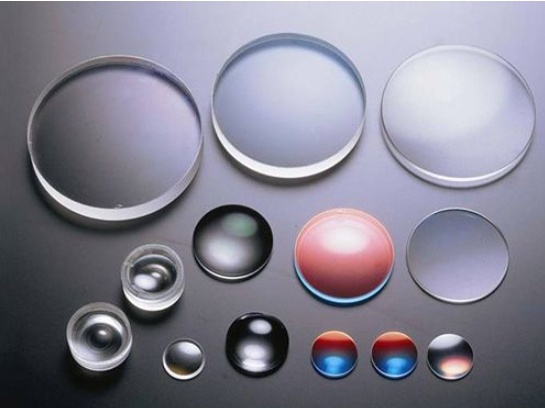LENS
Release time:
2023-11-30
The application of engineering plastics in the optical lens industry is gradually increasing, mainly due to their excellent physical and chemical properties. Compared to traditional glass materials, engineering plastics have the characteristics of being lighter, more durable, easier to process, and higher transparency, making them widely applicable in the field of optical lenses.
Firstly, engineering plastics have high transparency and can effectively transmit light. Some engineering plastics such as polycarbonate (PC) and polymethyl methacrylate (PMMA) have transparency similar to glass, or even higher. This allows them to be used to manufacture high-quality optical lenses, such as sunglasses, glasses, photography lenses, etc.
Secondly, engineering plastics have a lower density and are much lighter than glass. This makes optical lenses made of engineering plastics more lightweight, reduces the burden on the wearer, and increases the comfort of the lenses. Especially for eyeglass lenses, lightweight design can reduce pressure on the nose bridge and reduce discomfort during wearing.
In addition, the impact resistance of engineering plastics is also an important advantage of their application in the optical lens industry. Due to its high strength and toughness, engineering plastic lenses can better resist external impacts and collisions, reducing the possibility of lens damage and rupture. This provides better protection for use in outdoor sports, sports activities, and other scenarios.
Engineering plastics also have high chemical resistance and heat resistance, which can resist the erosion of common solvents and corrosive substances. This makes the use of engineering plastic optical lenses more reliable in extreme environments, such as high temperature, high humidity, and chemically corrosive environments.
In addition, engineering plastics have good plasticity and processability, and optical lenses of various shapes and sizes can be easily manufactured through injection molding and other methods. Compared to materials such as glass, the production process of engineering plastics is more flexible, with lower costs, and can meet the personalized needs of different customers.
In summary, the application of engineering plastics in the optical lens industry has broad prospects. Its excellent physical and chemical properties make engineering plastic lenses a powerful substitute for glass lenses, meeting people's demand for high-quality, lightweight, and durable optical lenses. With the continuous advancement of technology, the application of engineering plastics in the optical lens industry will be further expanded and deepened.
Previous article
Next
Previous article
Next
Recommended Products
2023-11-30
2023-11-30
2023-10-10
2023-11-30
Packaging and advertising signage
2023-10-12
Laptops and thin-walled applications
2023-11-30







